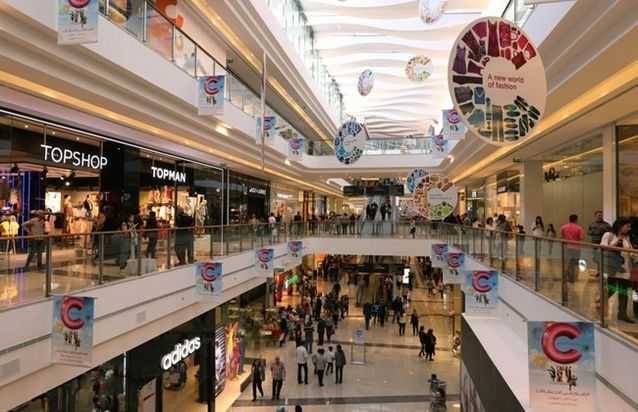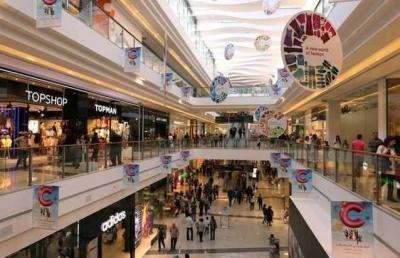After the Lebanese expatriate has become a key pillar of the collapsing economy, many sectors are counting on their return this season to compensate for the shortcomings of the ruling authority in finding solutions to the crisis. But what do the figures say about the increase in the number of expatriates, and will their fresh dollars really affect the decline of the dollar's exchange rate in the parallel market?
Researcher at the International Information Center, Muhammad Shamseddine, reveals to "Al-Markaziyya" that the percentage of emigrants this year has decreased. After last year, in 2021, approximately 80,000 Lebanese emigrated abroad in search of a better future for themselves and their families, the year 2022 saw 45,000 Lebanese emigrate from January to November. According to Shamseddine, the decrease in the number of emigrants is attributed to several reasons, one of which may be the passport crisis, in addition to the global economic crisis resulting from reduced job opportunities abroad, especially as we are witnessing a global economic crisis due to the Russian-Ukrainian war, which has impacted this trend and reflected a decrease in the number of migrants domestically. Furthermore, those wishing to emigrate may have left the country in previous years.
On the other hand, despite advertising and tourism campaigns calling for a repeat of last summer's experience, the number of incoming visitors, according to Shamseddine, does not differ much from last year's figures during the same timeframe. As of now, around 28,000 tourists and expatriates have arrived in Lebanon from December 10 to the 20th, and Shamseddine expects the number to rise in the coming days, potentially reaching between 70,000 and 80,000 tourists and expatriates by year-end.
Regarding the impact of returning expatriates and incoming tourists on the dollar exchange rate and the possibility of it declining again, Shamseddine confirms that there is no correlation between the two issues. The rise in the dollar is not as economically driven as it seems. Last summer, despite the arrival of hundreds of thousands of tourists and expatriates spending millions of dollars on their vacations in Lebanon, the exchange rate did not drop in the parallel market. The year started with a dollar rate of 27,500 L.L. and is closing the year at around 47,000 L.L., a significant increase of approximately 20,000 L.L., despite its availability in the market, with supply and demand present. Based on this, Shamseddine refuses to rely on tourism activity to lower the dollar in the black market.




